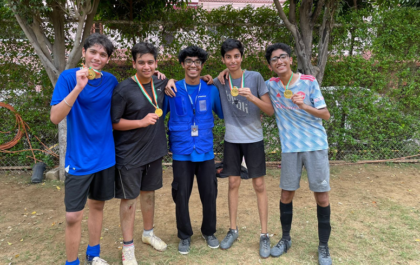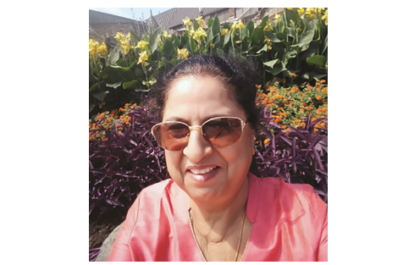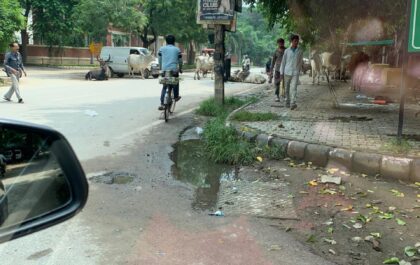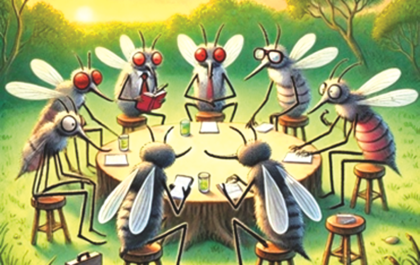Birds are incredibly special animals with distinct qualities and are extremely important to our ecology. The pigeon is the bird that everyone recognises, and can be found in every nook and cranny of the city. In the natural world, the Common Pigeon (formerly known as the Blue Rock Pigeon) can be found near cliffs and rocky places, where they love to nest. Their fondness for naturally existing cliffs has been taken over in cities and towns by parapets, AC compressor units, and any other flat surface in city buildings where pigeons seek cover.
Pigeon population increase in cities and towns has become a serious issue that is expected to continue in the future because there is no shortage of food and nesting locations available to them in cities. Now it is a common sight to see people feeding pigeons. Many individuals feed pigeons for religious reasons, believing that by feeding pigeons, they are assisting the birds and thereby washing away their sins and bringing them fortune. Others believe that feeding pigeons is necessary since the birds are hungry and would die if not fed. Grains are bought and physically dumped in piles for the pigeons to eat. Artificial feeding has resulted in pigeon overpopulation that far exceeds any location’s maximum population, resulting in declining populations of other birds such as Mynah and Sparrows.
Scavenging for food is a vital exercise that wild birds must engage in. Pigeons in cities have lost their natural capacity to hunt and survive on their own because humans provide them with easy food. Unfortunately, due to the consistent supply of food, they have begun nesting all year unlike in the wild, where nesting season coincides with food availability. Having a lot of pigeons around may make some people happy, while doctors and veterinarians have frequently expressed worries about this issue and advice against feeding pigeons. As the faeces of pigeons dries, it generates fomites, which can travel through the air and aid in the transmission of infection. Coughing, rhinitis, arthritis, and headaches are all possibilities. People who are near pigeons and their droppings are most vulnerable to infection. Their unusual feathers can induce Histoplasmosis, a disease that initially affects the lungs and then spreads to other organs.
Furthermore, birds that do not feed naturally may have an impact on the ecological food chain since they do not consume fruit that germinates only when it goes through the bird’s intestine.
Our lack of knowledge in these areas can have major effects that we may be unaware of. So why should we interfere with them scavenging for food?
Don’t give up as a bird enthusiast! You undoubtedly have a role to play, as there are numerous methods to contribute to bird conservation. Planting, caring, and safeguarding plant species that provide shade, perches, nesting sites, fruits, and flowers for wild birds is a more sustainable and sensible approach to contribute to bird conservation than intentionally feeding wild birds. But, of course, you must leave the comfort of your homes and walk out into the wilderness.
Let the birds determine what they want to eat rather than humans deciding what they should eat!
Popular Stories
Football Tournament @Princeton
More Than a Festival: The Art and Power of Durga Puja
Personality of the Month- ‘Dr Usha Mediratta’
Stray Cattle Menace In Front of Galleria
The Chronicles of Malibu Towne: A Mosquito’s Tale
“Senior Living Is Not An Old Age Home” say Mr & Mrs Bose
Recent Stories from Nearby
- Chanda Arora’s Garden is the Longest in the Colony November 26, 2024
- Festivities At Our Happening Joint DCA’s A Block Club November 26, 2024
- Halloween Celebration in A Block Club November 26, 2024
- Rangoli Making Competition in PND November 26, 2024
- Insights From Panchshila Park Murder Case November 26, 2024






